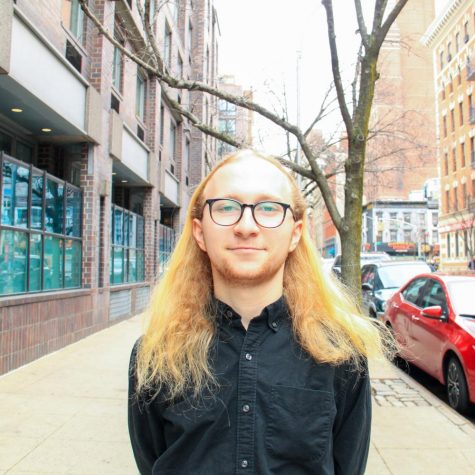Democratize the United Nations
September 27, 2018
This week marked the beginning of the 73rd United Nations General Assembly. Officials from countries all around the world are meeting to discuss important issues of policy, vote on resolutions and laugh at corrupt world leaders. While the Secretary-General presented a declaration for the U.N. to renew their commitment to peacekeeping, a topic that was noticeably absent from this week’s conversation is how to internally improve the effectiveness of the organization. Between the creation of the U.N. in 1945 and 2014, there have been 259 conflicts, wars or armed struggles.
The U.N. functions as a check on violence so with a statistic like that, one is left wondering — what gives? With the U.N. as one of the most important and respected institutions in the world, why hasn’t the number of conflicts significantly gone down compared to pre-1945? The shortcomings of the U.N. are a result of its undemocratic organizational structure, which our country has played a major role in. Until major reforms are made and supported by superpowers like the United States, the U.N. will not achieve its mission of world peace.
While many conceptualize the U.N. as just the General Assembly, that is only one of the six main organs that comprise the institution. Two of these organs, the General Assembly and the Security Council, are largely concerned with international security and have major organizational problems, especially the imbalance of power. The General Assembly’s influence pales in comparison to that of the Security Council, primarily resulting from the exclusive privileges that nations have by being a part of the Security Council.
The General Assembly is the only institution in the U.N. in which all member states are represented equally. Decisions are made by a simple majority vote on non-binding resolutions, which means they can be ignored by anyone, especially since the General Assembly has no enforcement powers, greatly weakening the importance of these resolutions. On the other hand, the Security Council is limited to only 15 nations, five of which (the U.S., U.K., France, China, and Russia) are permanent member states. The other 10 are non-permanent member states, elected biannually in the General Assembly. Here, decisions are made by a vote of the 15 member states on binding resolutions, which all member states of the U.N. — not just those on the Security Council — must uphold.
The Security Council also maintains control over the U.N. peacekeepers, meaning they are the only part of the organization capable of enforcing its decisions. More importantly, with regards to the voting process, the five permanent member states of the Security Council have veto power, which effectively shuts down any resolution when used. This power is the most glaring undemocratic mechanism within the U.N., giving one member state the power to decide the security of the entire world. But more so than this, the concept of permanency allows for the domination of international security by the five most powerful nations, subjugating the rest of the world to their agenda — whether it be through action in the case of the Iraq War or inaction in the case of the Rwandan genocide. All this while pretending that a few invites to the table is the same as democracy.
For Americans, it is important to note that the U.S. refused to join the U.N. unless veto power was assured. It is unfortunate to hear that, once again, the so-called leader of the free world put another obstacle in the way of actualizing democracy. However, this is not the first instance of American ideals of democracy contradicting with American policy, a nation created by freedom-loving slave owners. The first step in undoing our complicity in the undemocratic institutions of the world is awareness.
The undemocratic structure of the U.N. is itself a major contributor to international insecurity. The world looks to the U.N. to solve its problems, but where can the world turn if the U.N. can not solve its own? To do so, the U.N. must eliminate the veto power for permanent member states on the Security Council, as well as permanency as a whole. In addition, the General Assembly must be given a means of enforcement, whether that be through military or legal means, so its decisions can truly reflect the will of the whole world. The goal of world peace is still real, valid and attainable. Through democracy, true democracy, it will be achieved.
Opinions expressed on the editorial pages are not necessarily those of WSN, and our publication of opinions is not an endorsement of them.
Email Cole Stallone at [email protected]



























































































































































